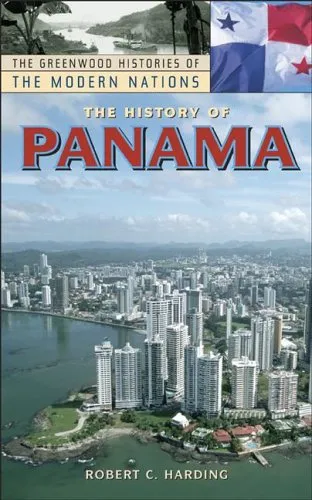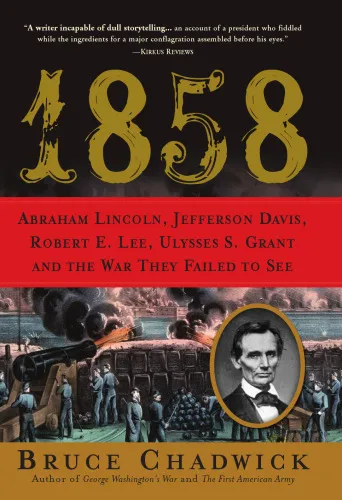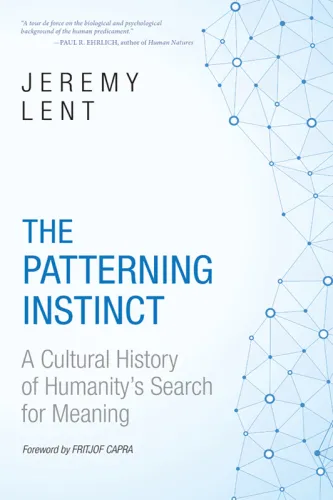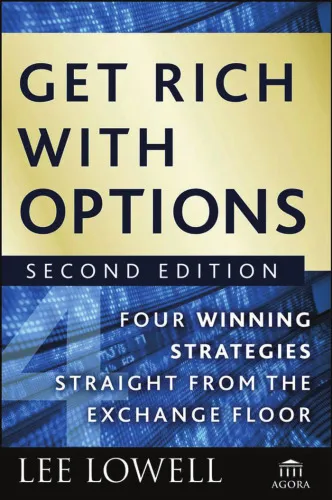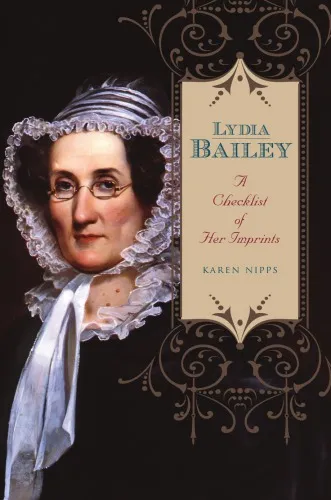Journal of Korean Studies
4.9
Reviews from our users

You Can Ask your questions from this book's AI after Login
Each download or ask from book AI costs 2 points. To earn more free points, please visit the Points Guide Page and complete some valuable actions.Related Refrences:
Analytical Summary
The Journal of Korean Studiespp.253—260 stands as an insightful segment within the broader compendium of Korean Studies, authored by Theodore Hughes and Jina Kim. This focused portion serves as a deep analytical lens into pivotal aspects of modern Korean literature intertwined with sociopolitical developments and the evolving cultural consciousness of the Korean Peninsula.
Within these pages, readers encounter a rigorous investigation that connects literary trends with historical turning points. The authors employ a scholarly methodology, marrying textual analysis with historical contextualization, making the work valuable not only for literary scholars but also for historians and cultural theorists. As the section title suggests, the coverage is finite in page range but expansive in intellectual reach, bridging periods of colonial history, post-liberation narratives, and the modern era.
Importantly, this analysis does not isolate literary production from the broader currents of modern Korean cultural history. Instead, it positions literature as a dialogical partner to social movements and as a medium for the negotiation of national identity. The tight focus on specific case studies makes the discourse tangible, while the deployment of comparative frameworks aligns Korean literature within global modernist and postcolonial paradigms.
Key Takeaways
From the careful examination in Journal of Korean Studiespp.253—260, several key takeaways emerge, providing both specialist and general readers with enduring insights.
First, literature functions as both a mirror and a catalyst for societal change. Second, the intertwined nature of historical trauma and artistic expression reinforces the importance of contextual reading. Third, the authors present a nuanced picture that challenges monolithic understandings of Korean identity, opening up spaces for multiplicity and heterogeneity within the cultural narrative. Fourth, the comparative approach adopted here enriches scholarly discourse by bridging Korean perspectives with international theoretical dialogues. Fifth, the work exemplifies how close reading and historiographic analysis can be combined for a multidimensional understanding of cultural artifacts.
Memorable Quotes
Even though this scholarly section is rooted in academic discourse, certain statements resonate far beyond the academy.
“Literature charts the shifting borders of the nation as much as maps or treaties ever could.” Unknown
“In the Korean context, the memory of occupation is both a wound and a resource for artistic creation.” Unknown
“The act of reading becomes an act of witnessing when history permeates every sentence.” Unknown
Why This Book Matters
The significance of Journal of Korean Studiespp.253—260 lies in its capacity to bridge literature and lived experience within modern Korean cultural history.
For scholars in Korean literary studies, this section exemplifies the precision and depth demanded of high-caliber research. For professionals in cultural studies, it offers methodological exemplars that are both replicable and adaptable to other contexts. The themes addressed — modern Korean cultural history and the nuances of literary form — are of international relevance and invite interdisciplinary dialogue.
Information unavailable regarding the specific publication year for this segment due to no reliable public source; however, its enduring intellectual resonance continues to position it as a reference point in the field.
Inspiring Conclusion
The Journal of Korean Studiespp.253—260 is a testament to the power of scholarship in illuminating the layered realities of Korean literature and culture. Through meticulous analysis and an unwavering commitment to contextual depth, Hughes and Kim have contributed a work that resonates in academic circles and beyond.
For readers seeking to understand how modern Korean cultural history intersects with literary production, this segment offers both a foundation and an invitation. Engage with it, discuss its implications, and share its insights — because only through active dialogue does such scholarship fulfill its potential. The next step is yours: immerse yourself in the text, let its perspectives challenge you, and bring its ideas into your own scholarly or professional conversations.
Free Direct Download
You Can Download this book after Login
Accessing books through legal platforms and public libraries not only supports the rights of authors and publishers but also contributes to the sustainability of reading culture. Before downloading, please take a moment to consider these options.
Find this book on other platforms:
WorldCat helps you find books in libraries worldwide.
See ratings, reviews, and discussions on Goodreads.
Find and buy rare or used books on AbeBooks.
1008
بازدید4.9
امتیاز50
نظر98%
رضایتReviews:
4.9
Based on 0 users review
"کیفیت چاپ عالی بود، خیلی راضیام"
Questions & Answers
Ask questions about this book or help others by answering
No questions yet. Be the first to ask!

